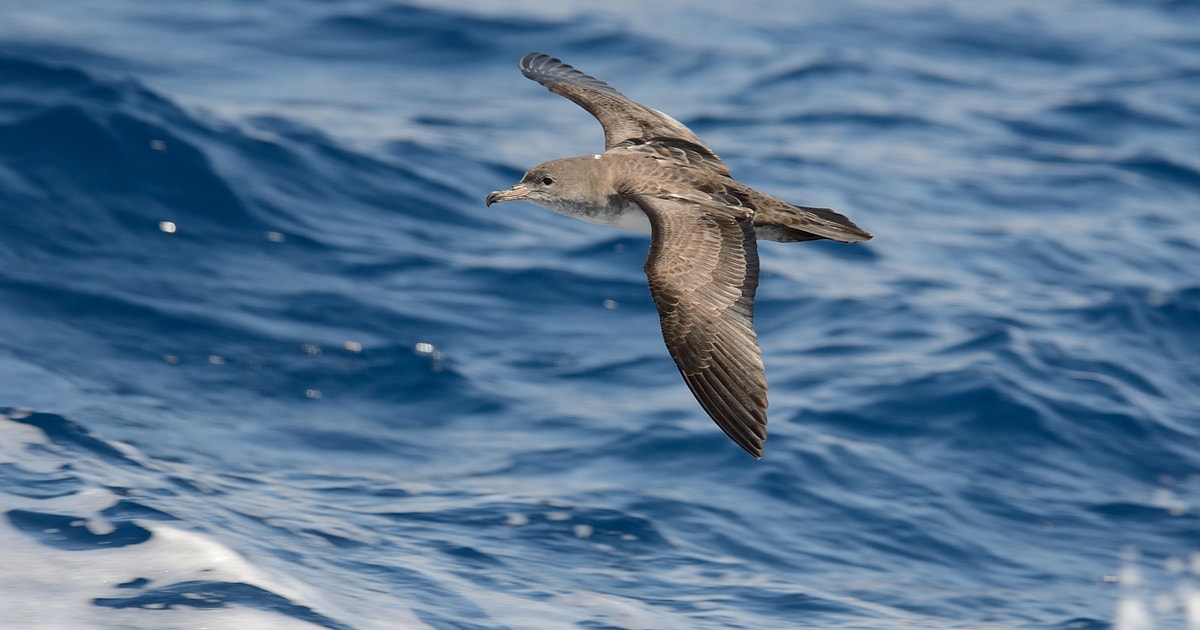WASHINGTON (June 26, 224) – Earlier this week, a new agreement between the Government of Canada, the Provincial Government of British Columbia, and 17 First Nations created the Great Bear Sea Project Finance for Permanence (PFP) initiative. The Great Bear Sea agreement brings C$335 million in new investments from governments and the philanthropic sector, which will leverage additional private-sector dollars. It builds on the C$800 million pledge made by Canada during the 2022 UN Biodiversity Conference (COP15) to support Indigenous-led initiatives and establish major new protected areas. As Canada prepares to join other world leaders for the next UN Biodiversity Conference in Colombia this October (COP16), this latest action showcases its strong conservation leadership and commitment to protect 30 percent of its lands and waters by 2030.
“Audubon applauds this initiative, which demonstrates the leadership of Indigenous governments and federal and provincial governments moving forward together to achieve the conservation goals necessary to address the global biodiversity and climate crises,” said Jeff Wells, Audubon’s VP of Boreal Conservation. “Protecting this globally unique area teeming with seabirds, marine mammals, and other aquatic species, as well as corals and kelp forests, is an international priority.”
Located off the west coast of Canada, the Great Bear Sea encompasses some of the most ecologically productive cold-water marine regions in the world. The initiative is expected to add 14,000 square kilometers of new marine protected areas (MPAs) to the 16,000 square kilometers of existing protected areas in the Great Bear Sea. Specific designations and management plans for each MPA will be developed in consultation with First Nations, industry stakeholders, and the public.
“Canada is such a great example of leading on Indigenous-led marine conservation,” said Bethany Kraft, Audubon’s Senior Director of Coastal and Marine Resilience. “The Great Bear Sea is one of the richest marine ecosystems in the world—home to seabirds, whales, sea otters, salmon, and much more. Protecting it is an important milestone in the global effort to reverse biodiversity loss.”
###
The National Audubon Society protects birds and the places they need, today and tomorrow. Audubon works throughout the Americas using science, advocacy, education, and on-the-ground conservation. State programs, nature centers, chapters, and partners give Audubon an unparalleled wingspan that reaches millions of people each year to inform, inspire, and unite diverse communities in conservation action. A nonprofit conservation organization since 1905, Audubon believes in a world in which people and wildlife thrive.
Media Contact: Rebecca Sentner, [email protected]


